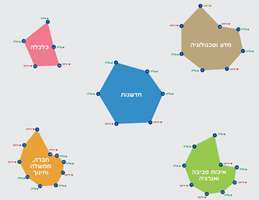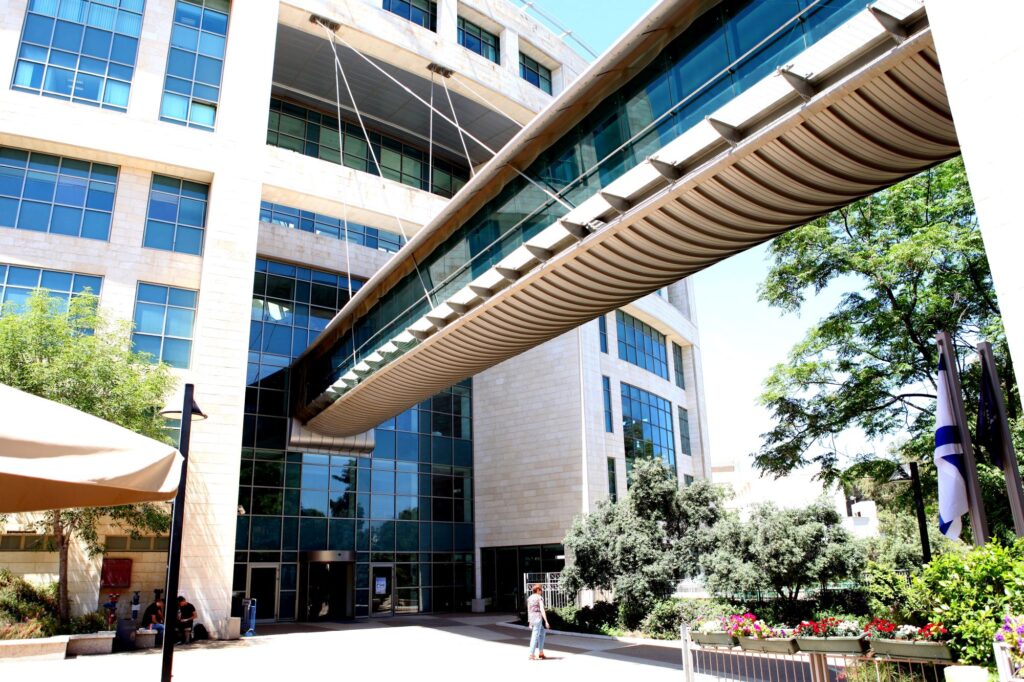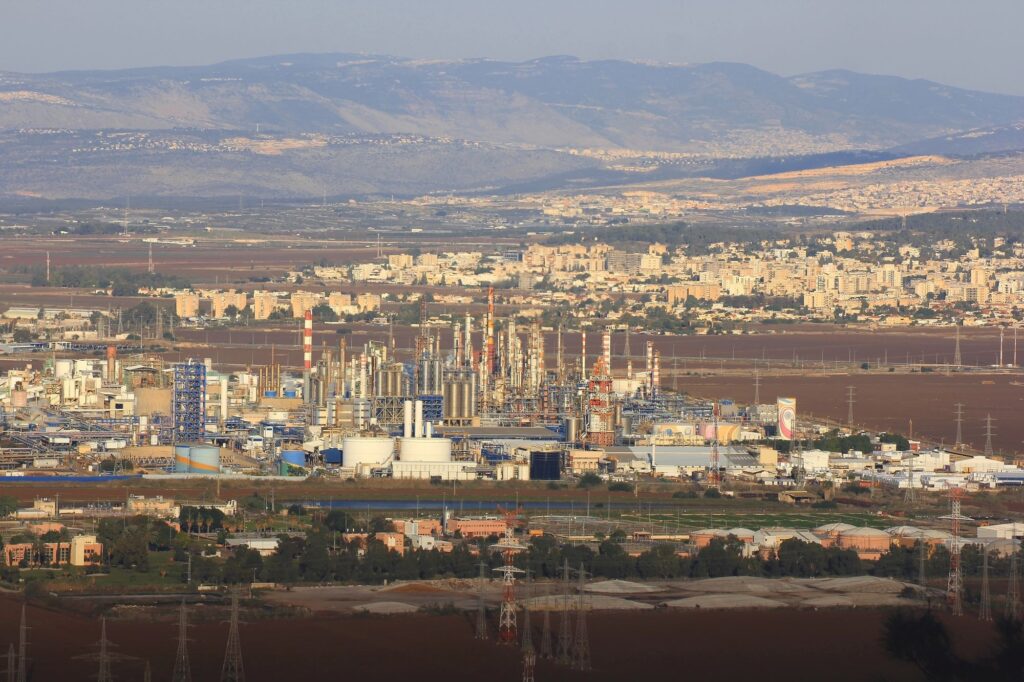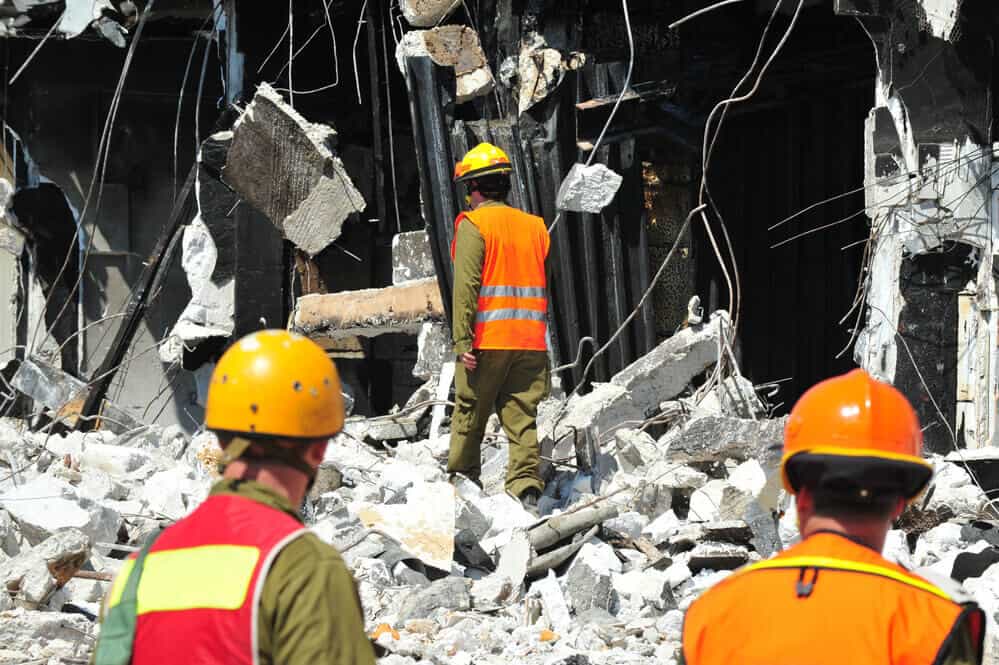Excellence in Mathematics in the Ultra-Orthodox Community

This is an exploratory study, solicited by the Trump Foundation in Israel, aimed at the assessment of the potential for excellence in Math and Physics studies within the current Haredi Educational System. The study illuminates some of the recent transformations occurring in this regard, both within the Yeshivot of the Haredi men, as well among the Haredi women’s education system, predominantly the Beit-Ya’akov schools. The report concludes by forecasting, cautiously, an imminent trend change towards a legitimate growing of excellence in mathematics among various sections in the Haredi society.
Wheels of Life in Israel

The “Wheels of Life” project was launched in 2013, in order to compare Israel’s performance with the performance of other countries in five main dimensions of Israel’s society: economics, innovation, science and technology, society-governance- education, environment, and energy. The data source used for comparative analysis is the World Competitiveness Yearbook of the IMD School of Management, a leading business school in Lausanne, Switzerland, which presents data on a wide range of global competitiveness variables in 60 countries.
Entrepreneurship at the Technion

This report was prepared at the initiative and at the request of the Technion Board and was intended to serve as background material for the purpose of formulating the Technion’s policy in the field of entrepreneurship.
Issues for Formulating a Metropolitan Plan in the North

The promotion and positioning of the northern region as an attractive metropolis for industry and the Israeli public is constantly on the public agenda.
Success and Failure Factors of Leading Companies in Israel

The aim of the study, is to review the Israeli industry since the establishment of the state until today, in order to draw lessons from the accumulated experience and try to reach understandings and recommendations for the future.
Evaluation of the Technion Excellence Programs

The Technion Program for Excellence was launched in 1992 and is intended for undergraduate students in the Faculties of Science and Engineering who have been identified as having exceptional abilities.
Preparedness of Ultra-Orthodox Population in Israel toward Earth Quakes and Emergency Situations

Sample groups within various Ultra-Orthodox communities in Israel will be surveyed in order to examine their perceptions, awareness and preparedness towards emergency situations – whether natural (e.g. earthquakes), or man-made (terror attacks, war aimed at civilian areas).
Trust in the institutions and pride in Israel’s achievements in the first decade of 2000

This report brings the results of three surveys of public opinion that were held in the years 2003, 2006, and 2009 on basis of statistical samples that represent the population of mature persons ( above 18 ) in Israel.
Developing a Northern Biotechnologies Cluster in Israel – BioNorth

The S. Neaman Institute is leading an initiative to establish a ‘Northern Biotechnologies Cluster in Israel’ incorporating all companies, incubators, start-ups and academy researchers in the north of Israel. The rationale for this initiative is that biotechnology has become the fastest growing industrial sector in Israel and worldwide, and is reshaping science, especially life science, medicine, food and agriculture.
Adopting ICT in agriculture, education and development of the rural space

This study deals with the cultivation and optimization of innovation in agriculture, using ICT as a means to design agricultural education for a variety of ages and the development of the rural sector. These are of strategic importance to Israel. The recommendations and conclusions derived from the study were incorporated in the report by the Samuel Neaman Institute whose objective was to empower classic industries. The report was presented in 2012 to the Ministry of Agriculture and regional rural organizations.
